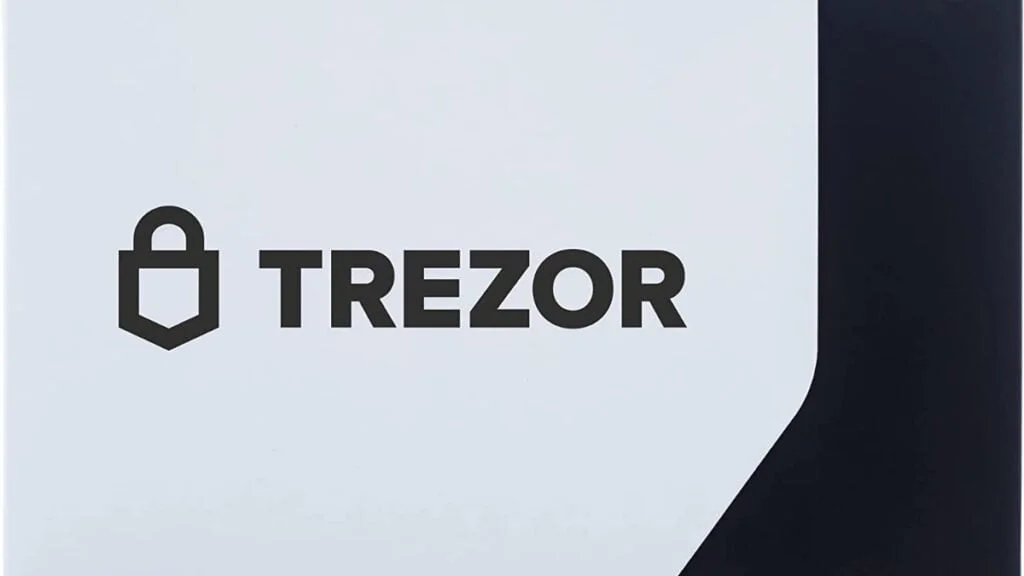Trezor is certain that the latest uptick in demand is a result of investors rescuing their funds in the aftermath of FTX failure.

Investors are increasingly switching to hardware bitcoin wallets as worries about centralized cryptocurrency exchanges mount in the wake of the FTX debacle.
According to Josef Tetek, the company’s brand ambassador, Trezor, a leading hardware wallet supplier, has seen a significant increase in wallet sales following the FTX epidemic on Nov. 15.
Tetek reported that Trezor’s sales revenue increased 300% week over week and are still rising, and that current sales are higher than they were a year ago, when Bitcoin hit an all-time high of $68,000.
The executive pointed out that Trezor has also seen a large rise in website traffic, which rose by 350% within the same time frame. Tetek claims that Trezor is confident that the increase in new wallet users was caused by problems with FTX, a cryptocurrency exchange at the center of the most recent industry scandal involving the theft of user funds.
Early last week, when “rumors of the FTX insolvency started circulating,” Tetek reported, there was a sharp increase in demand for Trezor wallets. Tetek suggested that Trezor anticipates further growth in new users in the near future as the failure of middle men in crypto would only continue to develop:
“We expect this trend to continue in the short to mid term, as the contagion of FTX failure continues to unwind and Bitcoin or cryptocurrency holders lose trust in custodians and finally start to explore their options to self-custody their digital assets.”
According to the executive, Trezor is able to satisfy current levels of demand in the short to medium term. “Even if sales continue at this elevated rate, we are confident there would be a limited impact on our stock in the longer term, as we were already planning for an uptick in sales,” Tetek said. He also noted that Trezor doesn’t plan to increase the prices for its hardware wallets in line with its vision to make “self-custody accessible to all.”
Despite the spike in demand and the associated increase in support requests, Trezor isn’t planning to expand its hiring. “We did not have to downscale as we were prepared for a prolonged and deep bear market,” Tetek stated, adding that Trezor currently employs a total of 100 people working in multiple locations, with the majority based in Prague.
Trezor doesn’t intend to increase hiring in spite of the surge in demand and the corresponding rise in assistance requests. Tetek added that Trezor currently employs a total of 100 people working across multiple locations, with the majority based in Prague. “We did not have to downscale as we were prepared for a prolonged and deep bear market,” Tetek said.
With exchange outflows approaching all-time highs by mid-November 2022, cryptocurrency investors have begun shifting more and more of their holdings to software and hardware wallets for self-custody. Ledger, a big rival hardware wallet vendor, has recently seen a large increase in demand for their products.
Shortly after FTX suspended all cryptocurrency withdrawals last week, the French cold wallet company experienced one of its busiest days ever, prompting creators to transfer their assets from exchanges to cold storage as quickly as possible. Even several of the biggest cryptocurrency exchanges began advocating the need for self-custody amid the growing FTX pandemic.
On November 14, Binance CEO Changpeng Zhao said that centralized exchanges would become obsolete if investors switch to self-custodial options like hardware or software wallets.
“If we can have a way to allow people to hold their own assets in their own custody securely and easily, that 99% of the general population can do it, centralized exchanges will not exist or probably don’t need to exist, which is great,” the CEO said.
